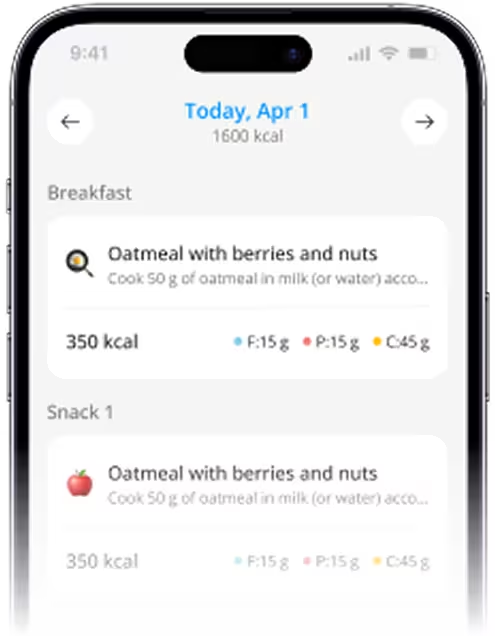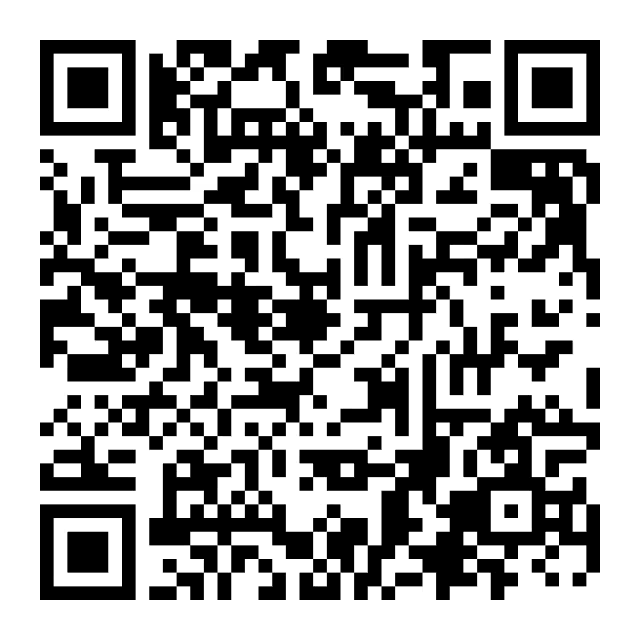Calorie Counting vs Meal Planning: What Works Better?
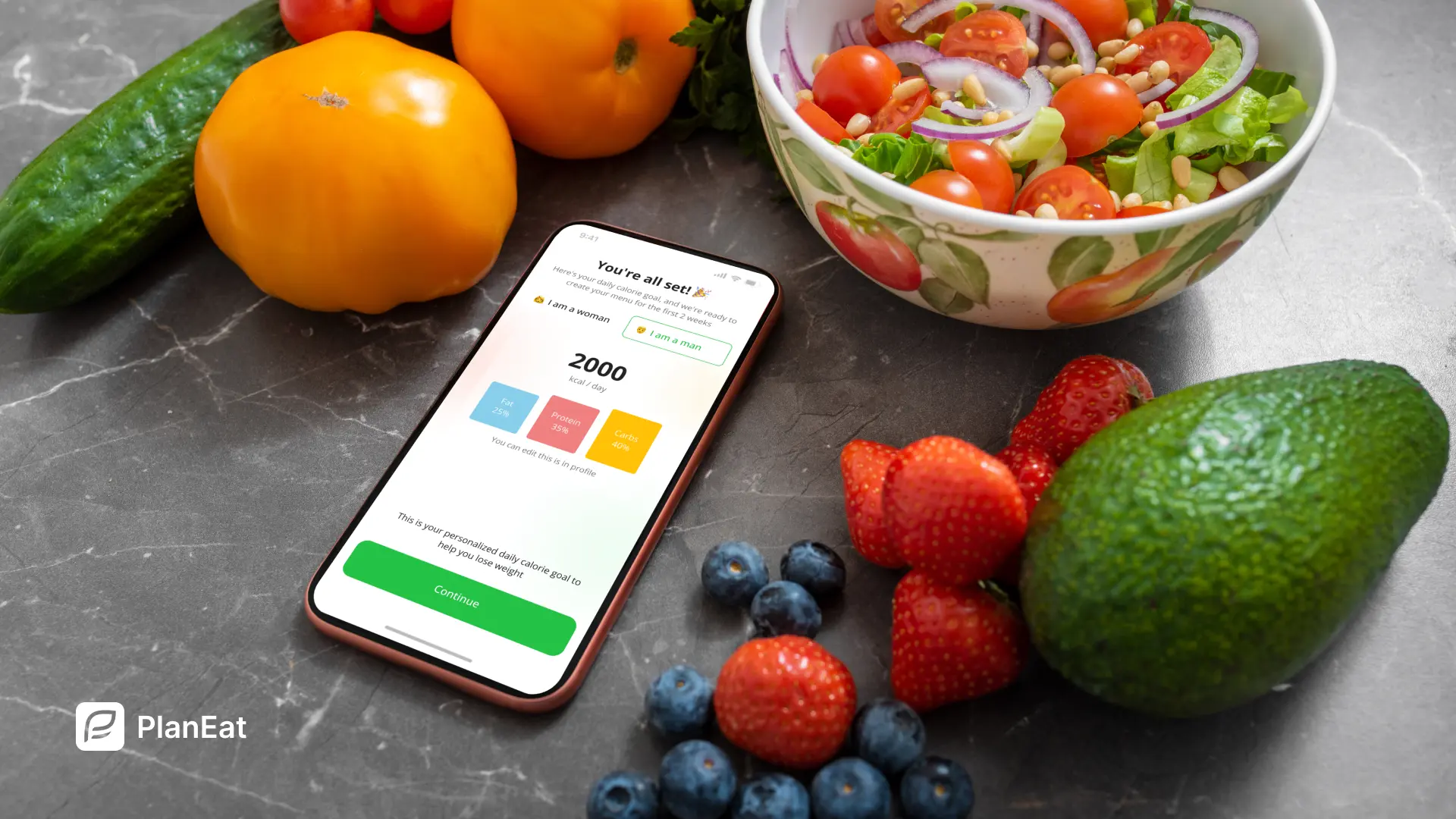
TL;DR: Calorie counting and meal planning are tools, not diets. Counting calories can help you understand how much you eat and why weight changes, but it is often tiring to do long term. Meal planning focuses on structure and habits, which is usually easier to keep up in real life. For most people, a simple meal planning routine with short periods of calorie tracking works better than relying only on one method.
What people usually mean by calorie counting and meal planning
In everyday life, people use these words loosely.
Calorie counting usually means:
- Logging foods in an app and tracking daily calories.
- Sometimes tracking macros like protein, fats, and carbs.
- Trying to hit a daily calorie target for weight loss, maintenance, or gain.
Meal planning usually means:
- Choosing what you will eat for several days in advance.
- Making a grocery list that matches those meals.
- Cooking more at home so you are not deciding every meal in the moment.
Both methods can support weight changes and better eating. The key differences are where you put your effort and attention:
- Calorie counting focuses on numbers per day.
- Meal planning focuses on patterns you repeat each week.
If you want a basic picture of what a balanced meal looks like before comparing tools, it can help to review Healthy Eating Basics: Build a Balanced Plate and then decide whether you prefer to manage that through numbers, structure, or both.
When calorie counting helps the most
Calorie counting is not mandatory, but it can be very useful in specific situations.
Short term awareness and learning
Many people underestimate how much they eat or overestimate how much certain activities burn. Tracking for a few weeks can show you:
- Which foods and drinks quietly add a lot of calories.
- How portion sizes compare to what you thought.
- Whether your idea of a typical day actually matches reality.
This learning phase does not have to last forever. Once you understand your usual patterns, you can often stop tracking daily and use what you learned to shape future meals.
Hitting specific performance or medical targets
For some people, more precise tracking is helpful or sometimes recommended, for example:
- Athletes managing weight classes or very specific performance goals.
- People following detailed guidance from a healthcare professional.
In these cases, calories and macros can be part of a clear plan designed with a coach or clinician.
Seeing why a plan is not working
If you feel that you eat well but nothing changes, a short period of tracking can help answer questions like:
- Am I in a calorie deficit, surplus, or roughly at maintenance.
- Are weekends or snacks undoing weekday habits.
It is easier to adjust when you can see the pattern on paper rather than guessing.
Limits of relying only on calorie counting
- It can be time consuming and mentally exhausting long term.
- It often ignores food quality and how full or energized you feel.
- It is easy to start seeing food only as numbers instead of meals.
For most people, calorie tracking works best as a temporary tool, not a permanent way of living.
If you want the clarity of calorie awareness without logging forever, you can use PlanEat AI to generate weekly meal plans with basic calories and macros plus a grouped grocery list. Then, if you choose, you track for a short time just to see how these planned meals fit your daily targets instead of logging random choices.
When meal planning works better day to day
Meal planning focuses on structure and habits. That often makes it more sustainable for busy people than constant tracking.
Reducing daily decisions
With a simple weekly plan, you decide what to eat once, then follow the plan:
- You know what is for dinner before you are tired and hungry.
- Groceries match your meals, so you waste less.
- You are less likely to order takeout just because you did not decide in time.
If you want help building this kind of structure from scratch, you can use step by step guidance from Meal Planning Basics: How to Start (Beginner Guide) and adapt it to your own schedule.
Focusing on patterns instead of perfection
Meal planning makes it easier to:
- Repeat a few balanced breakfasts and lunches.
- Rotate dinners around a simple pattern such as pasta night, soup night, and stir fry night.
- See the whole week at once instead of only worrying about today.
Over time, these patterns often matter more for health and weight than whether you hit an exact calorie number every single day.
Supporting better food quality by default
When you plan ahead, it is easier to:
- Cook more at home and rely less on ultra processed foods.
- Include fruits, vegetables, and protein sources on purpose.
- Make use of leftovers instead of letting food expire.
A basic weekly plan also makes it simpler to try specific styles of eating, like higher protein weeks or balanced menus. For a practical example of how a planned week looks on the plate, you can explore How to Build a Weekly Meal Plan (Examples) and then adjust it to your preferences.
Limits of relying only on meal planning
- A plan does not guarantee a calorie deficit or surplus by itself.
- You can still overeat if portions are very large or snacks are frequent.
- Without any sense of quantity, it can be hard to predict weight changes.
That is why some people benefit from combining a structured meal plan with occasional tracking instead of choosing only one side.
How to choose what works better for you
Instead of asking which tool is universally better, it can help to ask which tool fits your current goal, personality, and season of life.
If you like numbers and detail
- Use calorie counting for a defined period such as four to eight weeks.
- Pay attention to what a realistic day of eating looks like at your target range.
- Then build a simple weekly meal plan that roughly matches that structure so you can stop logging every day.
If you dislike logging or already feel tired of tracking
- Start with meal planning and portion awareness instead of strict counting.
- Use hand based or plate based portions to keep meals consistent.
- Only add short bursts of calorie tracking if you feel stuck or want data.
If your main goal is weight loss
You need some form of calorie deficit, but it does not have to come from tracking every gram. A realistic approach can be:
- Set a few clear plate rules such as protein and vegetables at most meals.
- Plan your week so that home cooked meals and snacks follow those rules.
- Use short periods of tracking to check if your plan roughly matches your calorie range.
For a deeper dive into what actually goes on your plate when you want to lose weight, you can use What Exactly Should I Eat to Lose Weight? (2025) as a practical complement to this comparison.
Combining both in a simple way
For many people, a hybrid works best:
- Meal planning provides structure and reduces daily decision fatigue.
- Short term calorie counting checks that the structure matches your goals.
Once you have a few weeks of data and a plan that feels good, you can rely more on the plan and only track again when something changes, like your activity level or weight plateau.
If you decide to lean on meal planning, you can keep your favorite weekly patterns and recipes in PlanEat AI and let the app build new weeks around your goals, dislikes, and cooking time. That way your meal planning stays consistent, and you can still use calorie tracking occasionally for feedback without starting from zero.
FAQ:
Do I have to count calories to lose weight
Not always. Weight loss depends on a calorie deficit over time, but you can create that deficit through structured meal planning, portion control, and better food choices without logging every bite. Calorie counting is a tool to measure, not the only way to make progress.
Is meal planning enough on its own if I never track
It can be, especially if your portions are moderate and you focus on balanced meals. If your weight or energy is not changing the way you expect, a short period of tracking can help you see whether your plan needs adjustments.
Can I use calorie counting and meal planning together
Yes. Many people plan their meals for the week and then track those meals for a short time to see how they fit their targets. After a while, they can often stop logging because they know roughly how much their usual meals contain.
What if calorie counting stresses me out
If tracking makes you feel anxious or obsessed, it may be better to focus on meal planning, plate structure, and habits. You can work with portion sizes, hunger cues, and simple rules instead of exact numbers.
How long should I count calories if I choose to do it
There is no single answer, but many people benefit from using tracking as a temporary learning tool, not a permanent requirement. A few weeks or months can be enough to understand your patterns and then shift your focus back to planning and habits.
Educational content only - not medical advice.
Choosing between calorie counting and meal planning
Calorie counting is best for short term awareness and specific targets, while meal planning shines in daily life by reducing decisions and building better habits. For many people, a simple weekly plan plus occasional tracking offers enough structure to move toward their goals without feeling stuck in numbers.


.webp)
_.webp)
_.webp)


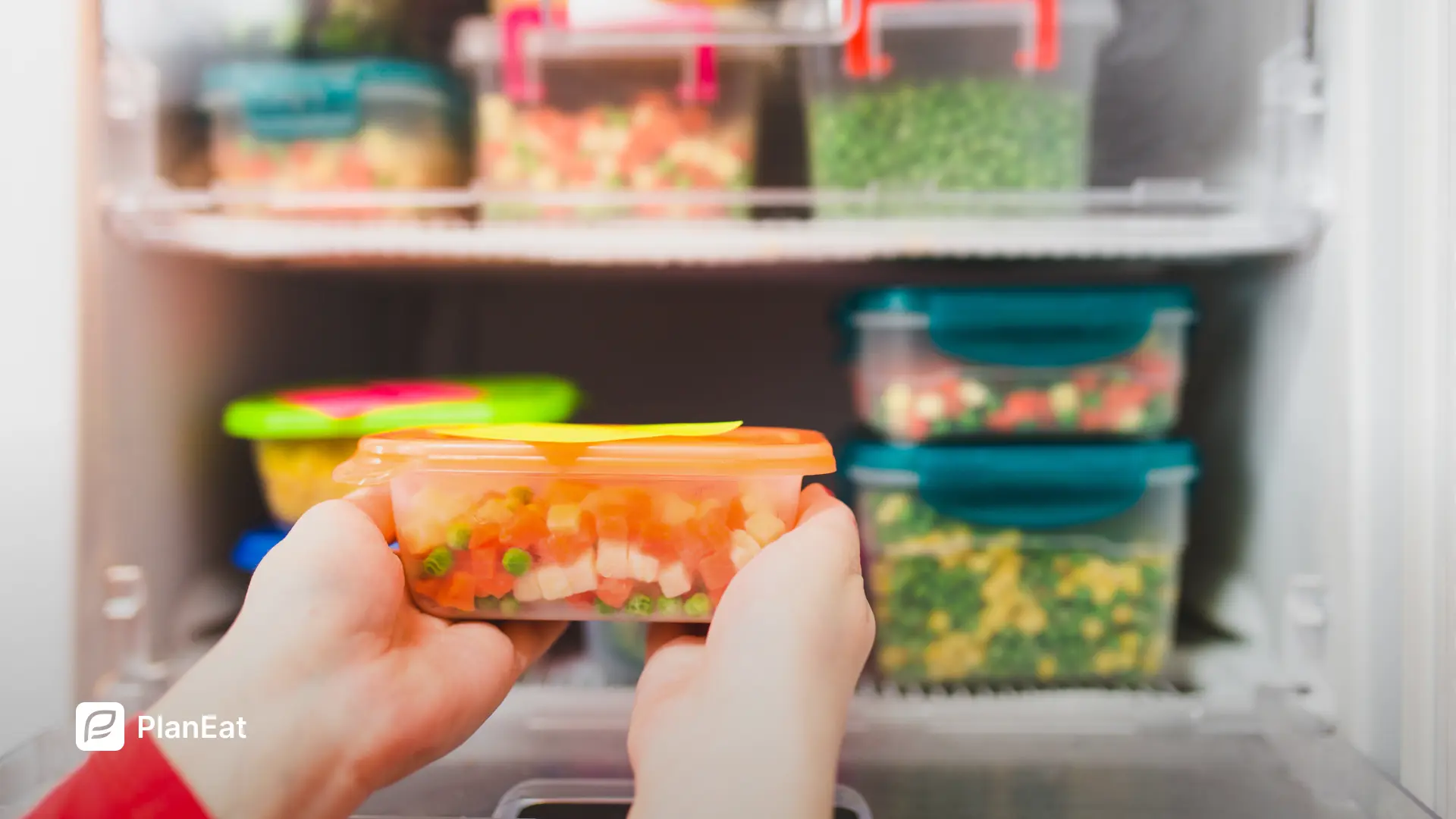
.webp)
_webp.webp)
_.webp)
_.webp)
_webp.webp)
.webp)
.webp)
_%20What%20to%20Buy%20When%20(2026)_.webp)
_.webp)
webp.webp)
_.webp)
.webp)
.webp)
.webp)
.webp)
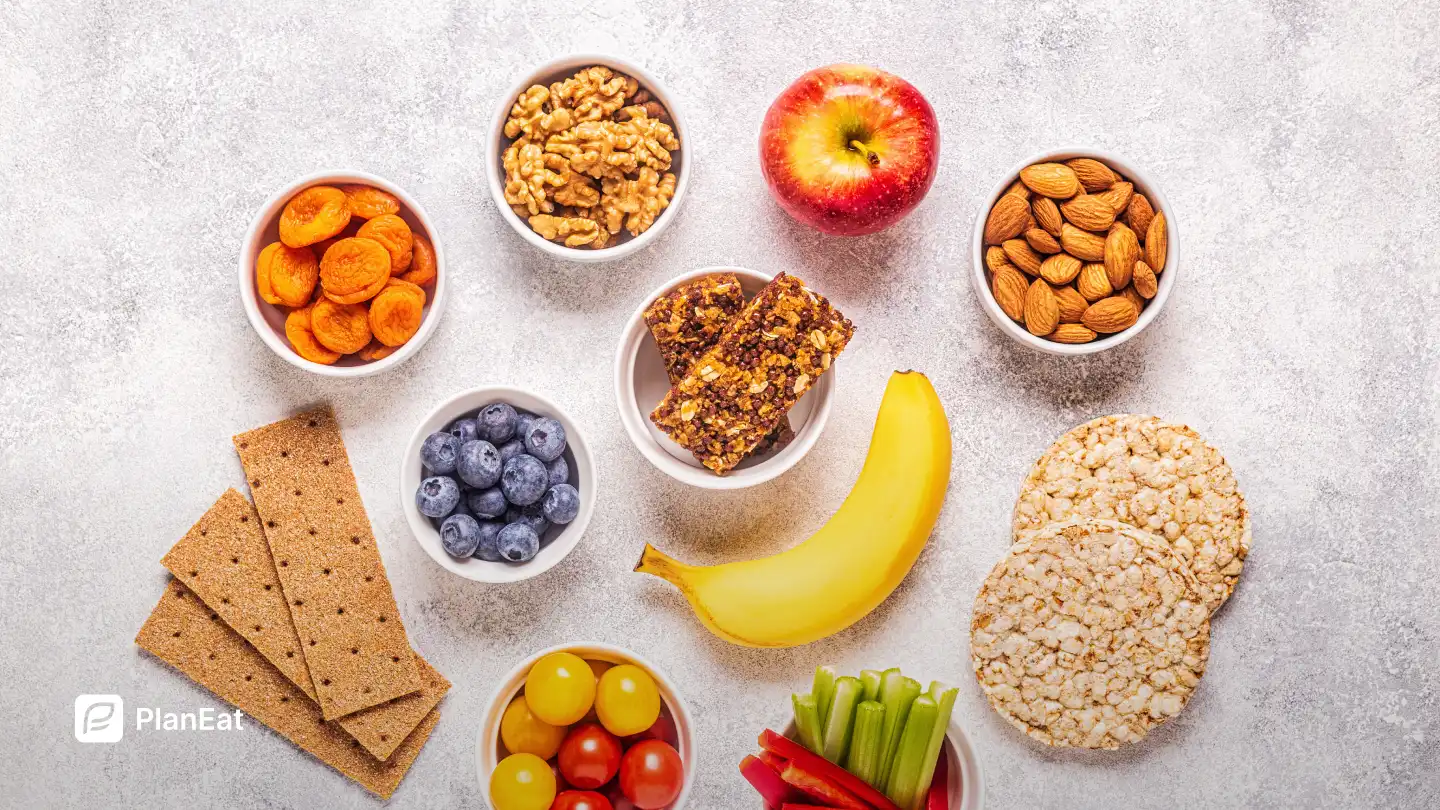
.webp)
.webp)


.webp)
.webp)
.webp)
.webp)
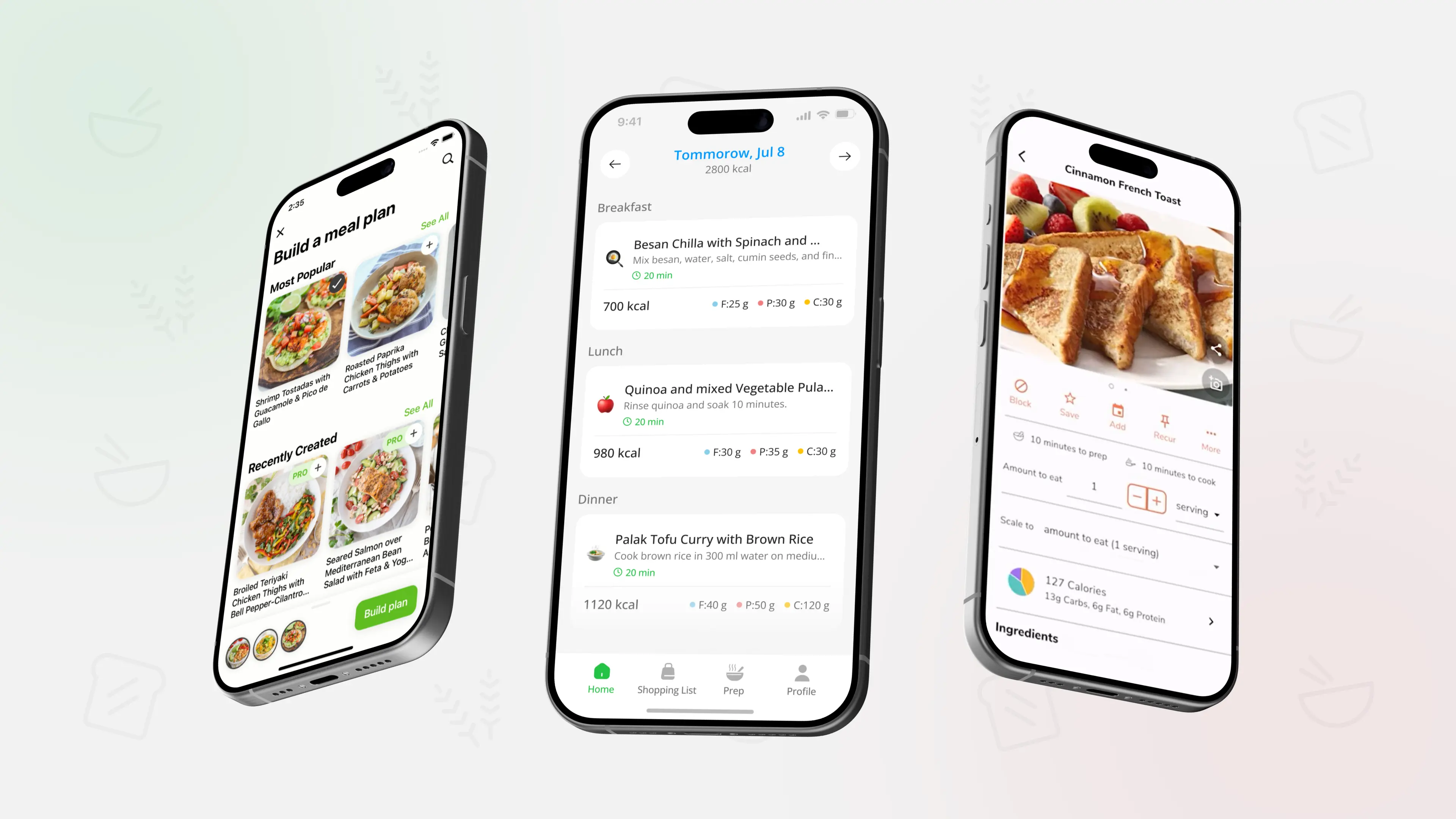

.webp)

.webp)

.webp)
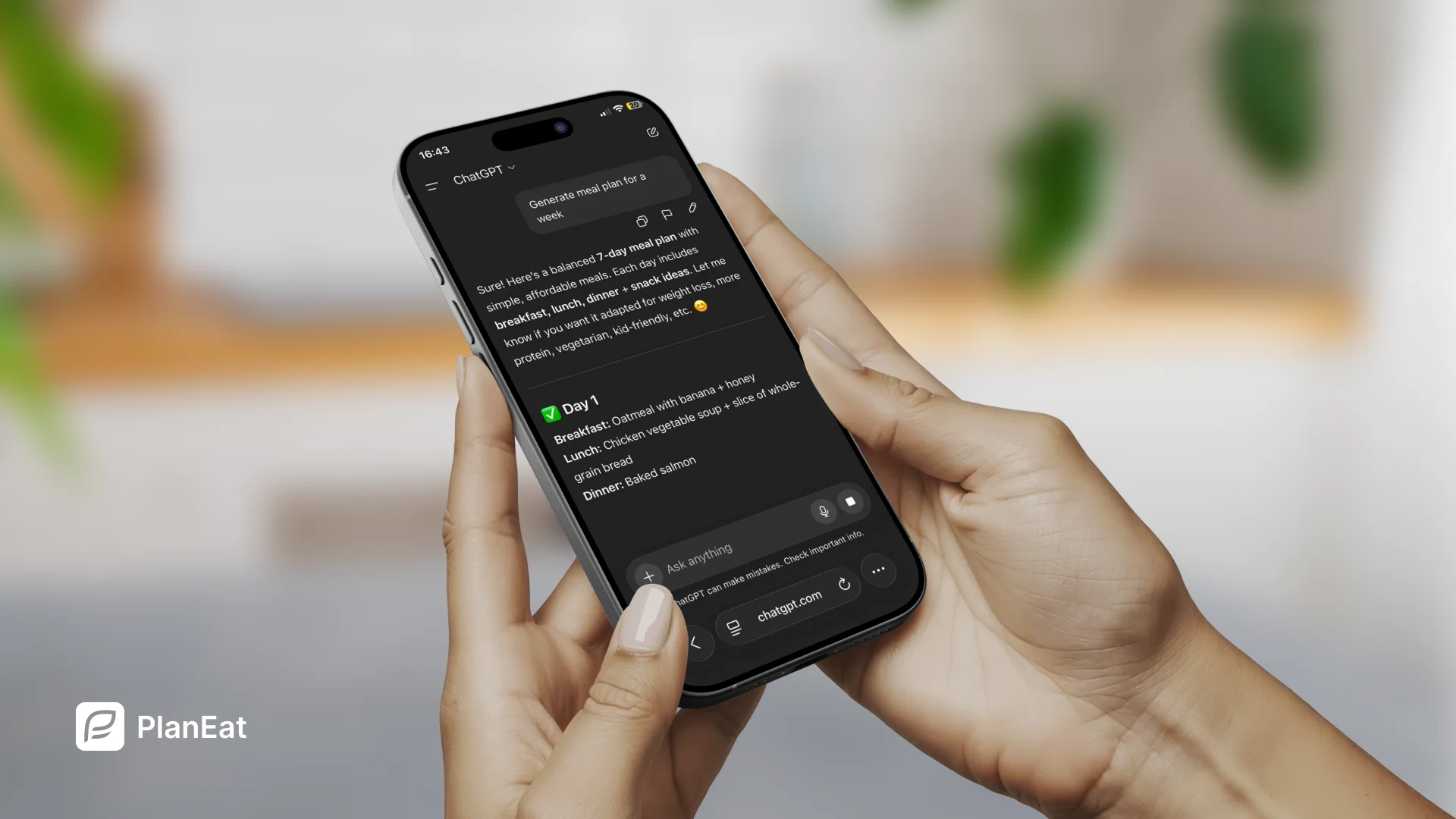
.webp)
%20%2B%207%E2%80%91Day%20Menu.webp)
.webp)
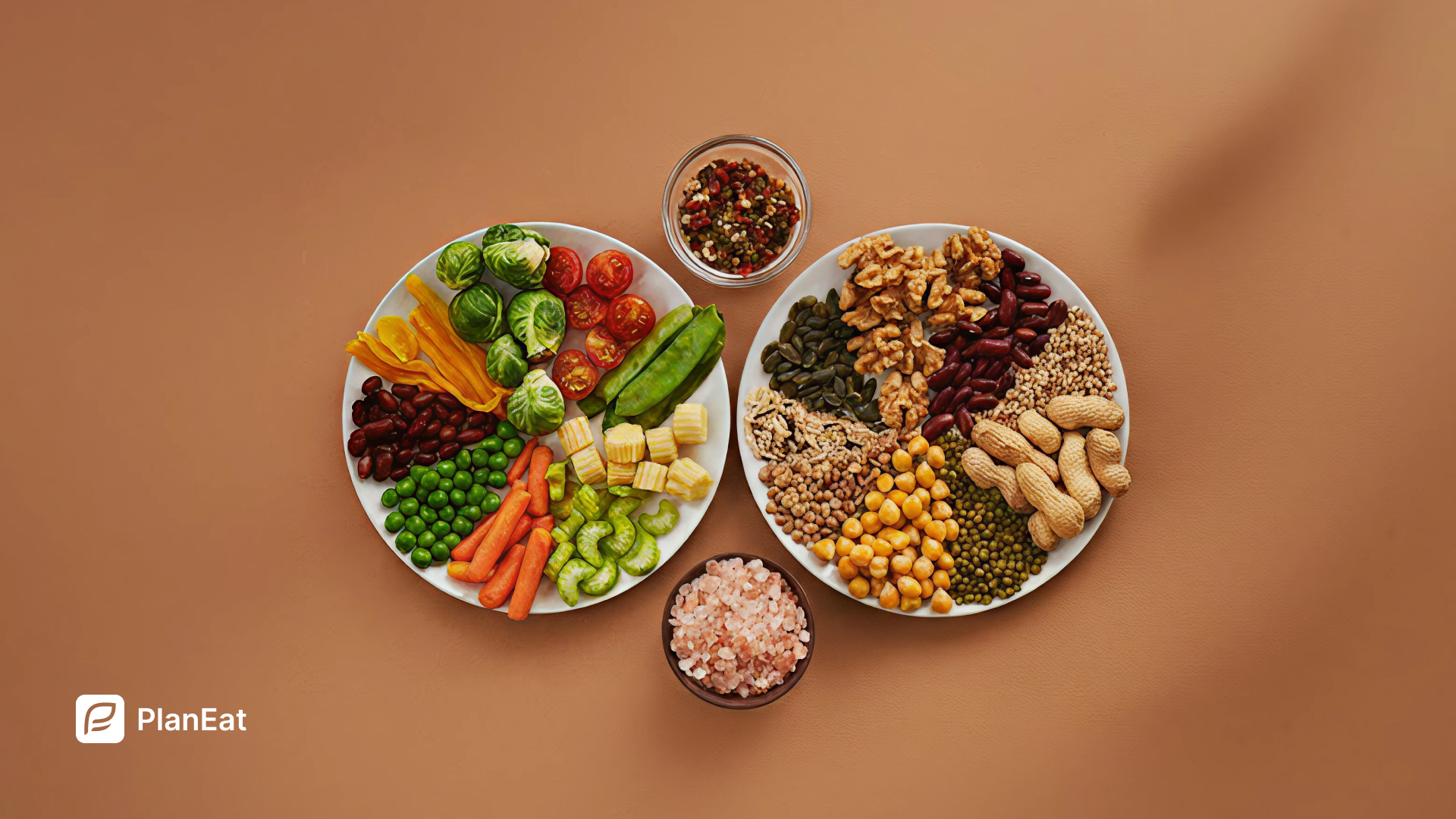


.webp)
.webp)




.webp)
.webp)
.webp)
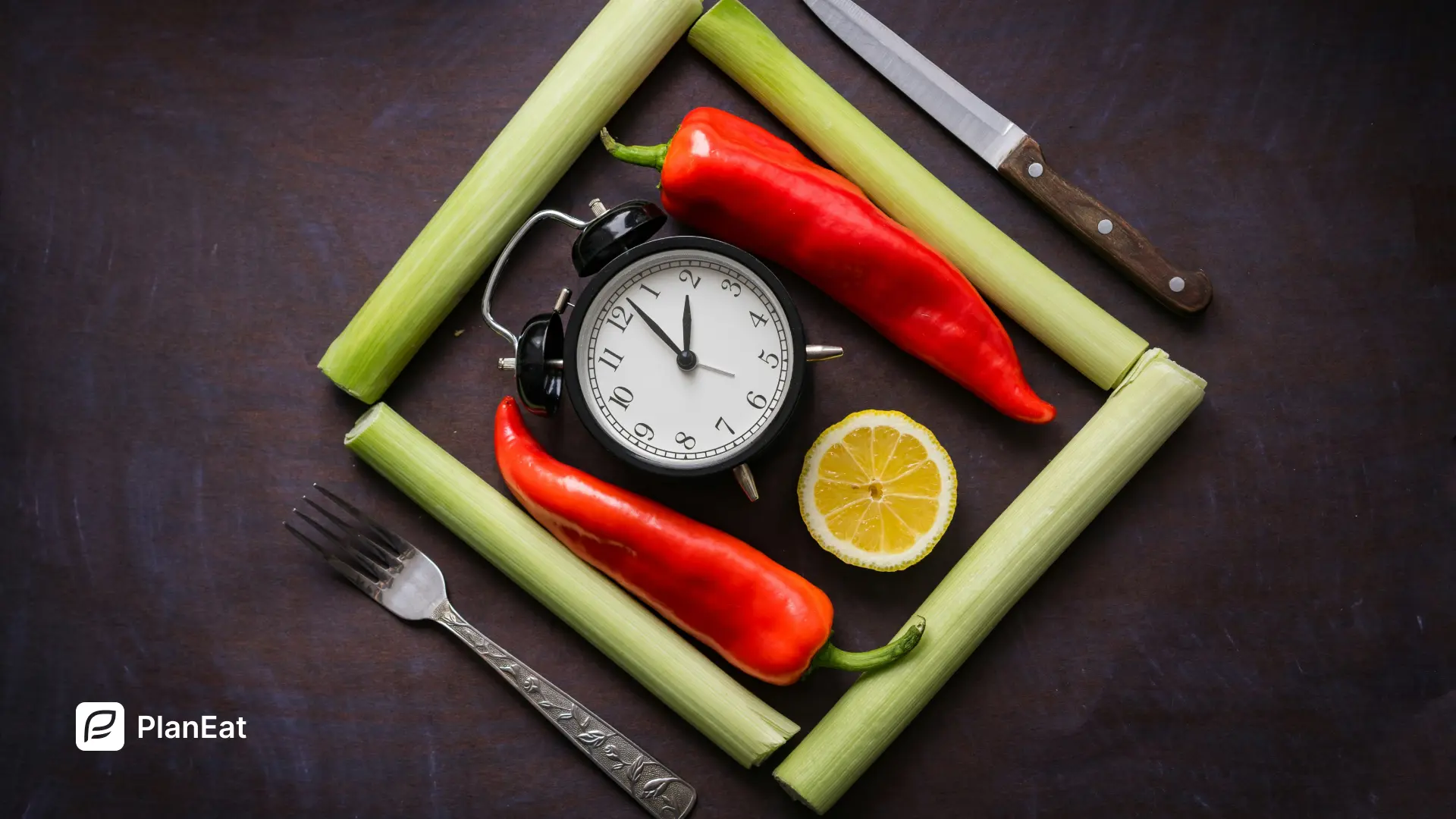
.webp)
%20iOS%20Focus.webp)
.webp)
.webp)
.webp)
.webp)
.webp)
.webp)
.webp)
.webp)
.webp)
..webp)
.webp)
.webp)


.webp)




